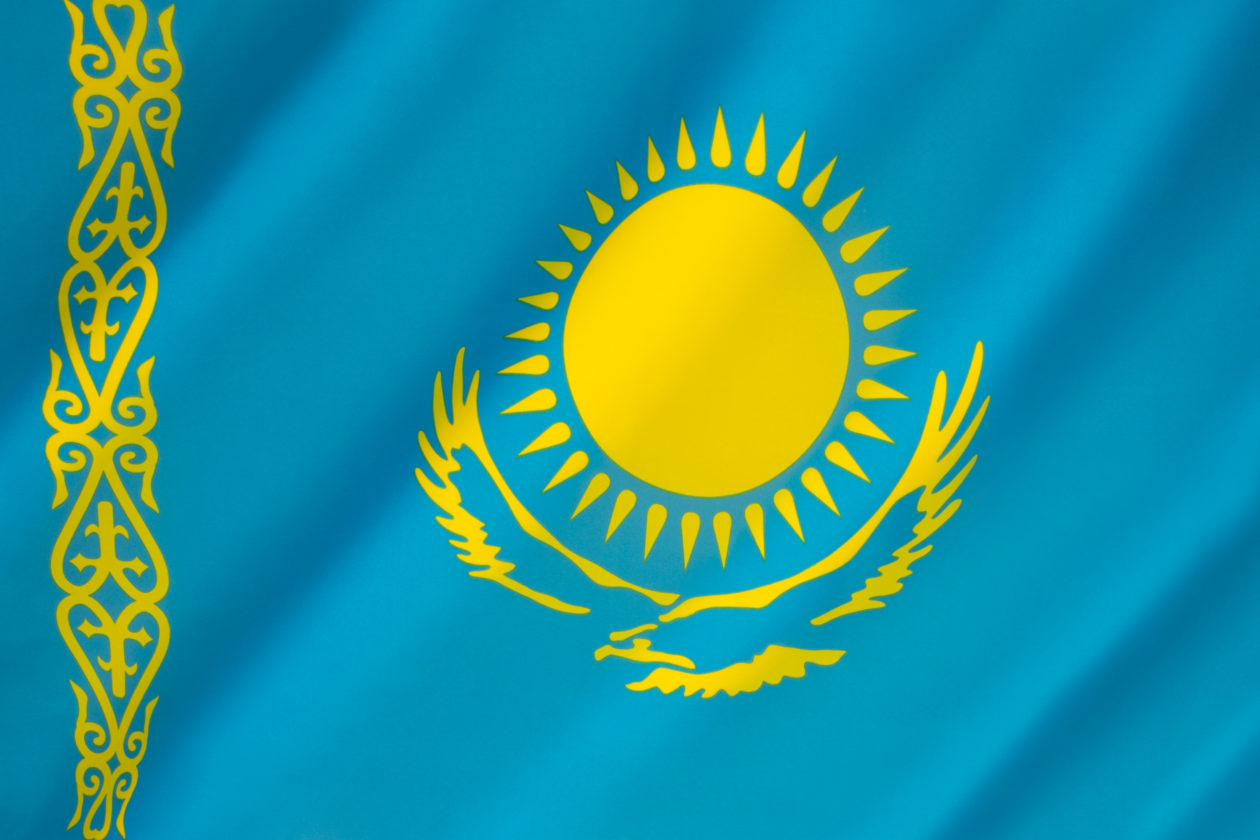The new year for Kazakhstan — once seen as a promising place for cryptocurrency mining — is off to a rocky start.
Riots over fuel prices and power shortages in Kazakhstan have led to the government resigning this week, with the main telecommunications company Kazakhtelecom shutting off internet access nationwide on Wednesday afternoon.
The blackout has appeared to hit the nation’s mining sector. Bitcoin hashrates at mining pools, including AntPool, F2Pool, Poolin and Binance Pool, fell by over 10% on Wednesday.
Kazakhstan last year became a popular destination for relocation after China’s crypto bans. However, the central Asian nation began experiencing power shortages in the fall, with many crypto mining companies struggling to stay plugged in. For example, in November, local mining company Xive was forced to shut down its site in the southern part of the country due to power shortages.
Now the blackout could further take a toll on the already struggling mining sector. Didar Bekbauov, a co-founder of Xive, told Forkast.News today that the internet has been shut down for two days in a row, so “mining stopped.”
Bekbauov said the riots mostly took place in Almaty, a city in southern Kazakhstan, while crypto mining sites are mainly located in central and northern regions of the country. “So apart from the internet cut, no real threat [exists] to the mining industry,” he said.
Bekbauov also tweeted that no internet means no mining.
The internet access in Kazakhstan was partially restored at one point but blacked out again on early Thursday morning, according to network tracking service NetBlocks.
However, Chinese mining rig maker Canaan — which on Tuesday announced it has deployed over 10,000 mining machines in Kazakhstan — told Forkast.News today its operations there remain normal.
“It seems that many miners were not prepared for an outage and were caught without any redundant systems, either mobile internet connections or Blockstream satellite,” Samson Mow, chief strategy officer of Bitcoin technology company Blockstream, told Forkast.News today. “We’ve been talking about the dangers of outages in regions with high concentrations of hashrate for years now, but it seems that the best lessons are the hard ones.”
Mow added that hashrates should come back online as miners re-establish connections. “I don’t see this as a prompt for another mass migration of miners to another region.”
Data from the Cambridge Centre for Alternative Finance indicated that at the end of August, Kazakhstan came in second in terms of global Bitcoin hashrate share, accounting for 18.1% of the total, up from 8.2% at the end of April.





